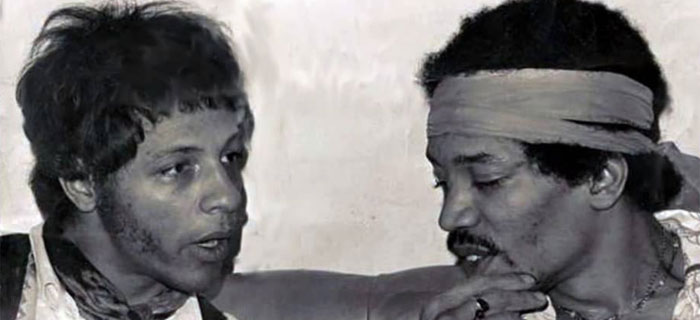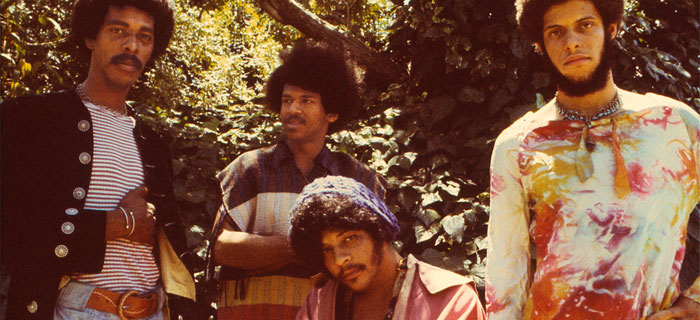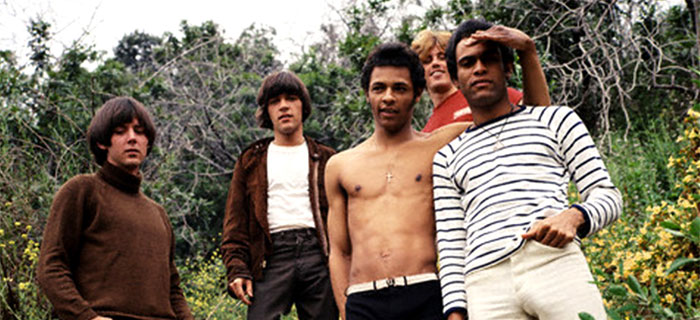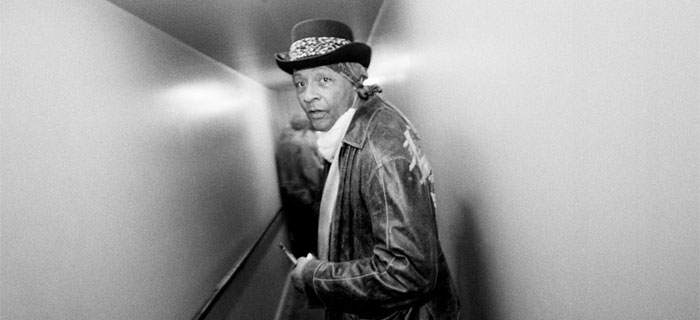When I first started playing with my band the Kayons in 1964, it was all about covers. The most popular local bands played set lists reflective of both their roots and their current favorites with a heavy accent on R&B. The music scene was changing quickly, as Motown was being pushed out and quickly replaced by the British Invasion bands. For me, the good news was most of the music the bands such as the Animals and Stones were playing were based on the same stuff we were already listening to and playing. John Lee Hooker, Jimmy Reed, Chuck Berry, Little Richard and a mélange of musical sources from Memphis, Chicago, New Orleans and Philly.
For the most part, rock bands in the US were slagging off. There was very little new meat on the same old bones. We were just a few years removed from a time when Pat Boone, Paul Anka and Johnny Mathis ruled the Top Ten. There were exceptions, of course. The Byrds, the Rascals, the Beach Boys and Paul Revere and the Raiders all had hits, but they were vastly outnumbered and outsold by the Beatles and the Stones, who were making a shitload of money basically repurposing the American Songbook.
By 1966, the US rock contingent started to respond to the challenge. My friend and drummer, Roger Cornelius, turned up at practice one night with a new album by Love. Based out of LA, Love's music had components of folk-rock and pre-psychedelic and proto-punk genres. They played a heady mix of “Stones meet the Byrds” with hard rock, blues, jazz (and eventually flamenco, and orchestral pop). The fact they were one of the first integrated rock groups was also appealing and added the credibility Mark Lindsay would never enjoy. They were popular in LA, and also influential (both the Doors and Jimi Hendrix later cited Love as helping them form their sound). Many bands would cover their songs right up to the current day.







